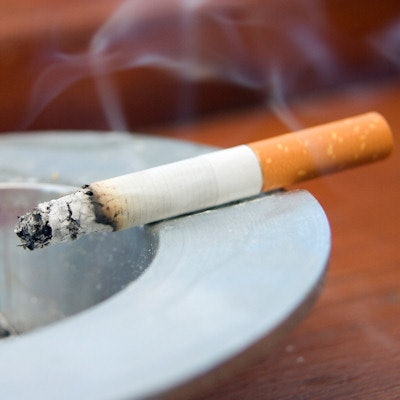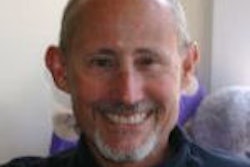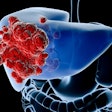
Despite support from the U.S. Preventive Services Task Force (USPSTF) and various medical societies, CT lung cancer screening rates for current and former heavy smokers remain low, according to research to be presented on June 1 at the 2018 American Society of Clinical Oncology (ASCO) meeting in Chicago.
Researchers found that fewer than 2% of eligible smokers had received CT lung cancer screening scans. The figures are even lower than those from previous studies, which found screening rates below 4%.
To determine the precise number of eligible smokers who underwent CT lung cancer screening, researchers from the University of Louisville in Kentucky quantified data from the 1,796 accredited screening sites in the 2016 American College of Radiology (ACR) Lung Cancer Screening Registry.
They found that only 141,260 (1.9%) of more than 7.6 million eligible smokers in the U.S. underwent CT lung cancer screening. As a point of comparison, approximately 65% of women 40 years or older had a screening mammogram in 2015.
Dividing the data into separate U.S. census regions, the group noted that the screening rate was highest in the Northeast and lowest in the West. The South had the highest number of screening centers but one of the lowest screening rates.
| CT lung cancer screening rates in the U.S. by region | ||||
| Northeast | Midwest | South | West | |
| No. of screening centers | 404 | 497 | 663 | 232 |
| Screening rate | 3.5% | 1.9% | 1.6% | 1% |
"Lung cancer screening rates are much lower than screening rates for breast and colorectal cancers, which is unfortunate," first author Dr. Danh Pham said in a statement released by ASCO. "It is unclear if the screening deficit is due to low provider referral or perhaps patient psychological barriers from fear of diagnosis. Lung cancer is unique in that there may be stigma associated with screening, as some smokers think that if cancer is detected, it would confirm they've made a bad lifestyle choice."
Though the authors have noticed a small increase in lung cancer screening rates in 2017 across all U.S. regions, they cited a continued need for awareness programs and possibly mandates for lung cancer screening in order to boost participation and counteract the health effects of smoking.
"This study makes a strong case that our country needs an effective public service campaign about encouraging lung cancer screening," said ASCO President Dr. Bruce Johnson. "Public service campaigns from the 1990s encouraged women to get mammograms, saving many lives in subsequent years. We need something similar to encourage current and former heavy smokers to get screened for lung cancer."



















